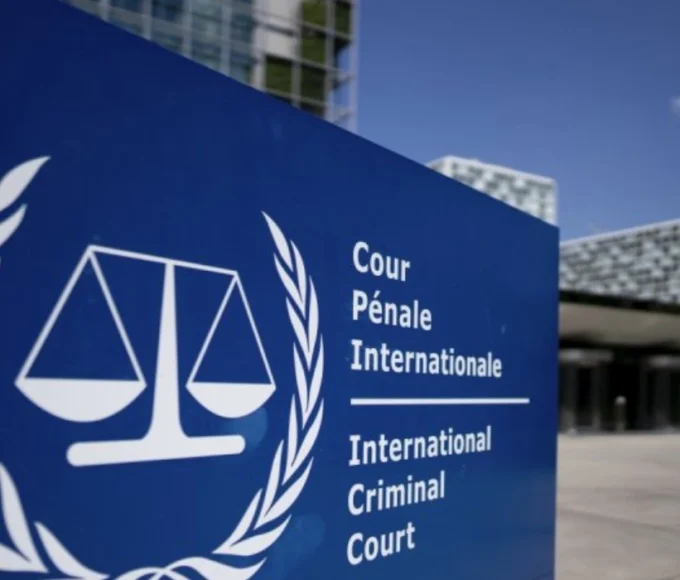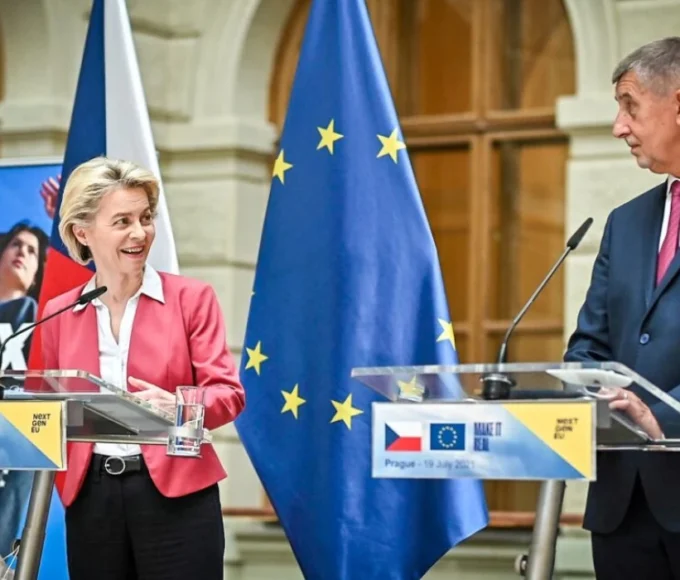The UK’s ongoing debate on the controversial assisted dying bill saw heightened tensions on Friday, May 16, 2025, with terminally ill broadcaster Dame Esther Rantzen facing fierce criticism from Members of Parliament (MPs). Rantzen, a prominent campaigner for the bill, was branded “disrespectful” and “insulting” after suggesting that opposition to the bill was largely driven by “undeclared religious beliefs.” The debate, centered around proposed amendments to the bill, remains contentious as lawmakers continue to weigh the moral and ethical implications of the legislation.
Rantzen’s Comments Stir Controversy
Dame Esther Rantzen, who is battling stage four lung cancer, wrote a letter to MPs urging them to support the assisted dying bill, which would allow terminally ill patients with six months or less to live the option of medically assisted death, provided they have the mental capacity to make the decision. In her letter, Rantzen suggested that some MPs opposing the bill were influenced by personal religious beliefs, which she claimed they were not disclosing.
These comments, made in the midst of the heated debate in the House of Commons, were met with immediate backlash. MPs, particularly those who had voted against the bill, expressed their anger at being dismissed in such a way. Labour MP Florence Eshalomi, herself a Christian, described Rantzen’s remarks as “insulting” to those who had raised genuine concerns about the bill. She stated that Rantzen’s suggestion undermined the validity of their views and reduced complex ethical concerns to simple religious opposition.
Read Also : SVP Politician on Trial for Racial Discrimination
MPs React to the Criticism
The criticism of Rantzen’s comments did not stop there. Jess Asato, a Labour MP, shared that many colleagues found Rantzen’s statement particularly “distasteful.” Asato, who had personal experience caring for a sick relative, emphasized that concerns about the bill were not rooted in religion but in the broader societal and ethical issues at stake.
Health Secretary Wes Streeting, another vocal opponent of the bill, also criticized Rantzen’s remarks, calling them “particularly distasteful.” Conservative MPs, including Dr. Kieran Mullan, also weighed in, stating that the criticism of opponents based on religious grounds was “clumsy” and unhelpful to the debate.
Amendments to the Assisted Dying Bill
Despite the heated exchanges, the bill continues to make its way through Parliament, with MPs voting on various amendments. One significant change included in the bill was the expansion of protections for medical practitioners, ensuring they are not compelled to participate in assisted deaths. This amendment was passed by MPs, signaling a compromise between supporters and those who have ethical objections to the bill.
However, another proposed amendment, which would have allowed employers to enforce blanket bans on employees facilitating assisted dying, was rejected. These ongoing amendments reflect the evolving nature of the bill, which has already undergone significant changes since its introduction in 2024.
Conclusion: A Divisive Issue
The debate over the assisted dying bill remains highly divisive, with deeply personal and ethical considerations at its heart. Dame Esther Rantzen’s comments have only served to intensify the tensions, and it is clear that MPs on both sides of the debate are unlikely to back down anytime soon. As the bill progresses, it will continue to spark passionate discussions about the rights of the terminally ill and the role of religion and personal beliefs in shaping public policy.
As the UK Parliament moves forward with this historic piece of legislation, it is evident that the issue of assisted dying will remain a contentious topic for the foreseeable future.
This article is originally published on : news.sky









